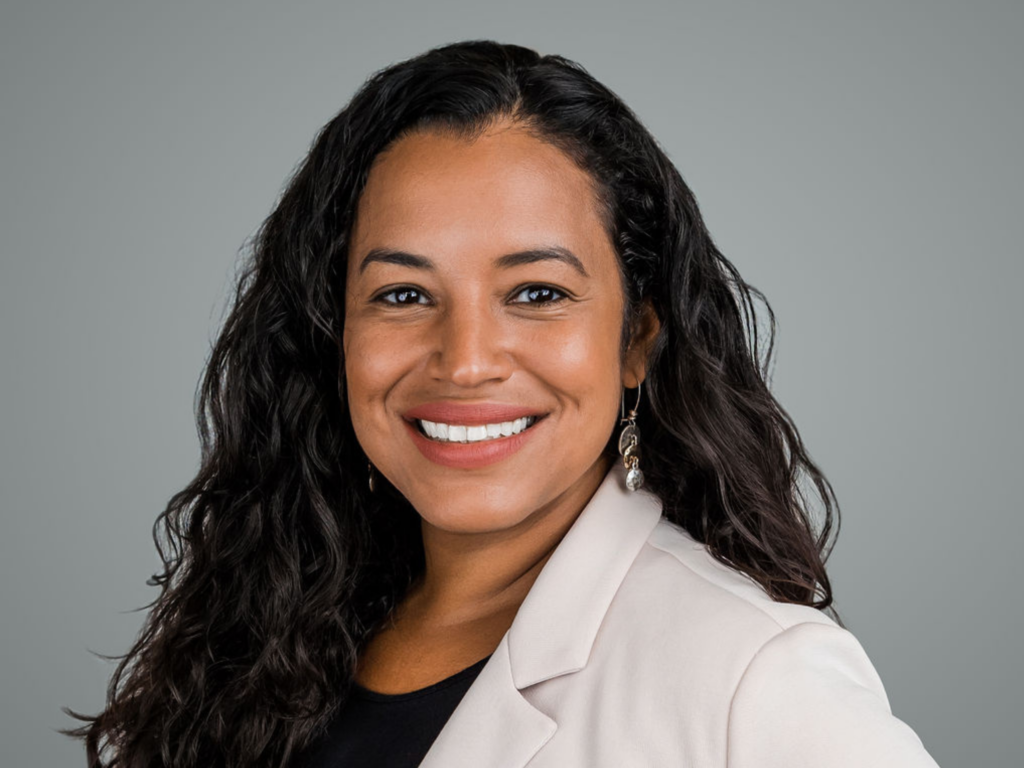
Forty-five states have joined together on a vision of shared standards called the Common Core, an idea that will embrace collaboration, technology and sharing on a scale never before seen in U.S. education. Change can be challenging though. For teachers, it will require a new way of looking at curriculum, even if Shakespeare is still an author to be studied. For students, it will mean focusing more on critical thinking and problem solving rather than rote memorization. For the outside world, it will require a willingness to accept change, learn from mistakes and offer solutions. Bringing these new ideas to life on a national level is a large challenge explored locally at the NewSchools Venture Fund Summit, held at the Burlingame Marriott Hotel this week.
U.S. Secretary of Education Arne Duncan said strides have been made in education in terms of lowering dropout rates and raising graduation rates. Creating high-quality preschool options in the coming years will help the larger goal of educating all kids. The years to come will be a struggle but the changes will impact education for generations, he said.
Creating common standards will also open up opportunities for innovation that didn’t exist before when each state had a different focus.
“Let’s learn quickly, rapidly and continue to move. We can’t let the perfect be the enemy of the good. This is going to be hard; this is going to be choppy. We’re going to be learning as we go,” said Duncan, who added that means there needs to be flexibility.
Common Core Standards will guide the upcoming changes. California is one of the states that has signed on for this shift in education.
During a panel entitled, “Common Core is Coming!” David Coleman from the College Board, Ashley Hebda from Teach-Plus, John King from the New York State Education Department and Brian Pick representing the D.C. Public Schools discussed what’s already happening and how to improve.
Hebda, a teacher in Indianapolis, said having the time to develop new lesson plans that embrace the standards will be key to success. Online resources are growing, particularly as standards become similar across multiple states — a change Hebda was excited to see.
In New York, King said the education department is working to create curriculum basics that districts and schools can build upon that meet the new standards. Part of the plan includes building a video training library. King said the challenge has been making high-quality videos that keep interest, make an impact and enhance the new curriculum-based lesson plans. Pick agreed, adding that in D.C. the key to creating a useful video library has been hiring an actual film crew to create the product.
All three expressed excitement about watching the new standards being implemented. As a result, students are paying more attention to details, working independently and becoming more confident.
As a teacher, Hebda said that it’s easy to want to step in when students are struggling to find an answer. However, the Common Core Standards showcase the importance of allowing struggle for students to learn, she said.
These kind of changes will require much work, quick lessons and a willingness to recognize what isn’t working, leaders said Wednesday. Knowing that, speakers warned against taking the easy way out by either waiting or not challenging students to meet new, higher standards.
King, paraphrasing Dr. Martin Luther King, said “wait almost always means never. We can’t take that approach. This is too urgent for our kids for there not to be change. … But it requires us to do work.”
An estimated 3 million teachers will be needed in the coming years while this new, unified vision is being implemented.
In the “Millions and Millions of Great Teachers Needed: How Will We Meet this Need?” panel, speakers said the profession needs to be changed to retain and recruit high-quality teachers.
Diane Tavenner, CEO of Summit Public Schools, which includes two campuses in Redwood City, said that over the last 10 years, on a small scale, her schools have been creating the optimal environment for teachers. They are recruiting the best teachers, supporting them with quality training and offering time each day for planning along with merit-based pay aligned with growth plans.
“I still have teachers saying, ‘I can’t do this job,’” said Tavenner. “That says to me that there’s something wrong with the job not the people. We need to rethink what the job of the teacher looks like.”
Jennifer Green of the Urban Teacher Center said the goal needs to be finding high-quality teachers who are also going to dedicate five to seven years to the profession, at a minimum.
Richard Nyankori of Insight Education Group envisioned that new position being one that allowed teachers to both explore the world as professionals and share that knowledge in the classroom. So an architect, for example, can work a few years at his or her profession then bring those skills to be shared with students — a description that mirrors the way colleges and some private schools recruit professors.
Once the new employees have been recruited, New Teacher Center’s Ellen Moir advocated for a more personalized approach to training. Instead of making all teachers partake in a mass training, the work should be individualized to truly further a teacher’s abilities.

